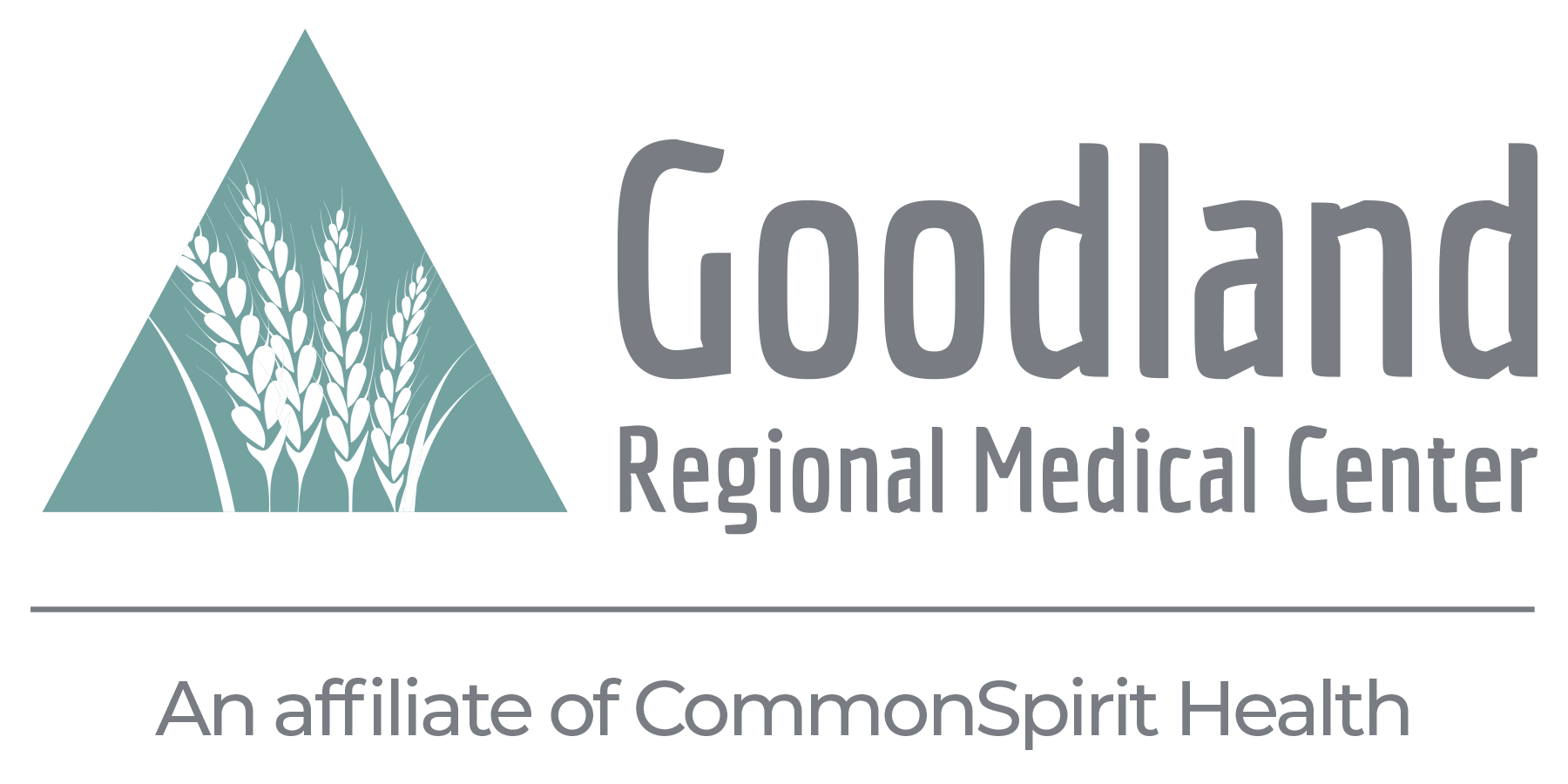
Heart Health & Heart Month 2020 (February)
What is Heart Disease? Heart disease refers to any condition that makes it difficult for the heart to work properly. Coronary Artery Disease (CAD) is the most common type of heart disease. It occurs when an artery that supplies blood to the heart muscle becomes narrowed. If the artery becomes blocked, this can lead to a Myocardial Infarction or Heart Attack. Heart disease also includes conditions such as heart failure, heart valve disease, and heart rhythm problems (arrhythmias).
Preventing heart disease means making smart choices now that will pay off for the rest of your life. To do this we must understand what our risk factors are. Risk factors are things that make heart disease more likely. Some risk factors can’t be controlled, such as age and family history of heart disease, but most others can be managed by making lifestyle changes and taking medications.
The risk factors that we can control are tobacco use, unhealthy cholesterol levels, high blood pressure, diabetes, excess weight, lack of physical activity, and stress. For each risk factor you reduce, your chances of heart attack and stroke go down, and the length and quality of your life may go up. No matter what your age is, you could benefit from paying careful attention to these risk factors.
Smoking or using other forms of tobacco damage arteries making it easier for plaque to build up. You’re at risk if you smoke cigarettes, cigars, or a pipe, use smokeless tobacco or use e-cigarettes. To manage this risk factor, make it a goal to quit smoking and other tobacco use. Work with your doctor or healthcare provider for information about nicotine replacement therapy or other prescribed tobacco cessation medications.
Unhealthy cholesterol levels make plaque buildup in the arteries more likely. You may also be at risk if your triglyceride levels are high or if your HDL, or “good” cholesterol, is low. To manage this risk factor, you should work with your doctor or healthcare provider to maintain healthy levels of cholesterol.
High blood pressure or hypertension can also damage the arteries. When blood pressure is high, the heart must pump harder to push blood through the arteries. Over time, this extra work can weaken the heart and damage blood vessels. High blood pressure can be managed with exercise, changes in diet, and the use of medications. Your doctor may prescribe a personal goal for you.
Individuals with diabetes have problems using a sugar called glucose for energy. Sugar levels in the blood become high and left untreated can damage arteries. These problems may become worse in individuals who have diabetes as well as high blood pressure and high cholesterol. Ways to manage diabetes include regular blood sugar testing, meal planning, regular exercise, and taking prescribed medications. To manage this risk factor, work with your doctor to control your diabetes.
Excess weight can make the heart work harder to pump blood throughout the body. Increased weight can also increase the likelihood of getting diabetes and hypertension. A healthy weight is different for everybody. You and your healthcare prover can talk about where you are now with your weight and what goals make sense for you.
Lack of physical activity increases the likelihood of hypertension, diabetes, weight gain, and high cholesterol. Begin by setting small goals to move more than you already do each day. Slowly build up to at least 30 minutes of activity, 5 days of the week. If you haven’t exercised in a while, be sure to check with your healthcare prover before getting started.
Stress can raise heart rate and blood pressure. It can also bring on feelings of depression, anxiety, and anger. Stress can cause individuals to overeat and exercise less. Although stress has not been proven to directly affect the heart, it can affect your overall health. You may need to speak with a mental health professional or doctor for help with managing this risk factor.
If you have been diagnosed with a heart disease you may be a candidate for a Cardiac Rehab Program. Our program at Goodland Regional Medical Center will help you learn the skill you need to help improve your heart health. We will create an individualized treatment plan to manage your risk factors and then help you set realistic exercise and nutrition goals. Our program is 2-3 sessions a week for 6-18 weeks. Each session will include supervised exercise where we will be closely monitoring your heart rhythm, blood pressure, and oxygen level and will be focused on improving your heart health and your quality of life.
If you are interested in Cardiac Rehab please speak with your primary care provider or cardiologist for a referral.
Written by Christopher Fulwider BS, RRT, SDS, AE-C; Director of Respiratory Therapy, Cardiac/Pulmonary Rehab, & Sleep Lab
